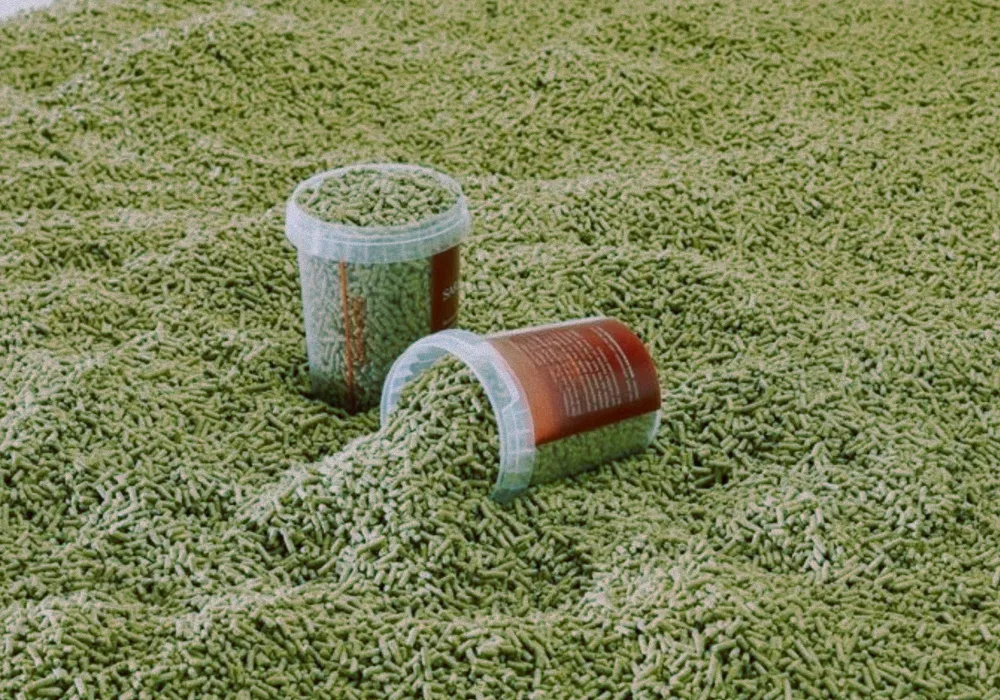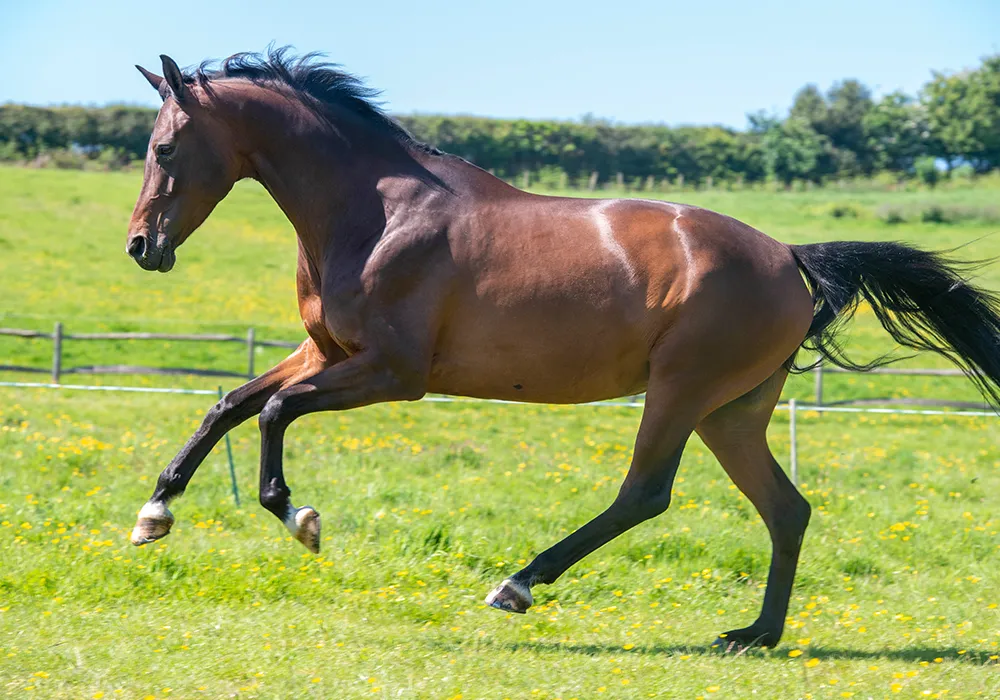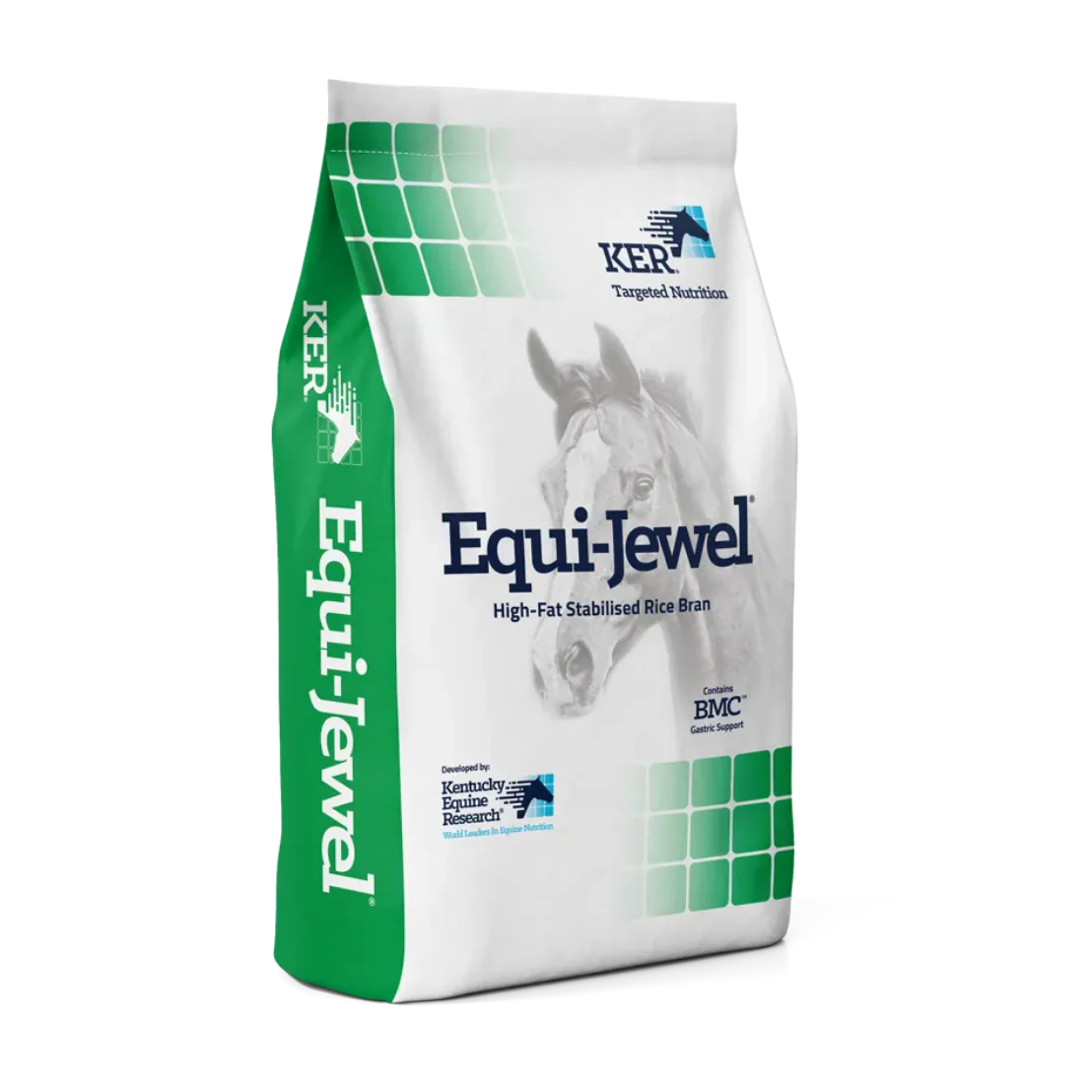Articles, case studies & advice
Expert tips and insights to keep your horse healthy, happy, and well-fed.
Articles

Weight Management: Choose a Low Calorie Diet
Choose a low-calorie, fully fortified balancer to support health and well-being when your horse or pony is on a weight management program.

Understanding Equine Gastric Ulcers
The make-up of the diet and feeding practices can have a significant impact on the digestive health of horses.

Weight Management: Maintaining Fibre Intake
Forage is essential to satisfy both the horse’s physical and psychological needs. The physical need for forage is to provide bulk and help to maintain a healthy digestive system, whilst the psychological need is that horses have a natural “drive” and need to chew as they are “trickle feeders”.

Muscle Problems in Equine Athletes: Making the Most of Nutrition
Muscle pain and impaired performance that occurs during or after exercise is known as exertional myopathy and more commonly as tying-up.

Finding the right feed for your ulcer prone horse or pony
We work closely with other experts in nutrition, research, and veterinary science in order to provide our clients research-proven products to help manage and support horses with EGUS.

A Royal Moment for Saracen
A few weeks ago at the height of Summer, our very own Lizzie Drury represented Saracen Horse Feeds at Windsor Castle to mark a milestone we’re incredibly proud of, receiving the King’s Award for Enterprise in International Trade.

Feeding the Ex-Racehorse: Feeding for Weight Gain
In order to put condition on a horse, you need to increase his intake of digestible energy.

Weight Management: Increase Cardiovascular Exercise
Exercise is an essential part of a weight-loss program; a horse will only lose weight if he is expending more energy than he is consuming.

Weight Management: Optimum Body Condition
Obesity remains prevalent in the UK leisure sector of horses and ponies and is now also commonly found in the sports and elite horse sectors. It is of great concern to all equine communities from both veterinary and welfare points of view.











